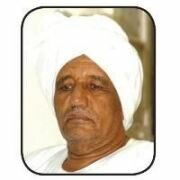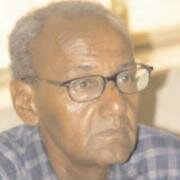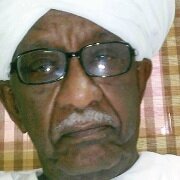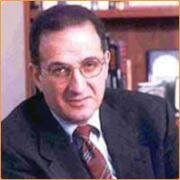The desperate campaign against normalization of relations with the Sudan is still under way
. Those orchestrating it have even managed to give a "fake film "by Phil Cox about Darfur a platform at Chatham House last April. Thankfully , the enemies of peace and stability in the Sudan are not alone in the field. Chatham House hosted a completely different event on the 5th of June 2017 under the title: Furthering Development and Humanitarian
Progress in the Sudan: The Role of the UN. Dr Susanne Jaspers Hoffmann(Bristol University-SOAS) who is an expert on food aid in the Sudan chaired a Round Table of distinguished panelists: Ms Marta Ruedas (UN Resident Humanitarian Coordinator -Sudan) and Mr Mathew Hollingworth (Director /WFP-Sudan) as well as Mr Abdullahi AlFadil (UNICEF-Sudan).Introducing the discussion, Dr Susanne J.Hoffmann referred to the UN's long history of food aid in the Sudan and the current situation in which the Sudan's international relations are developing and the easing of US sanctions are factors that will have an impact on Humanitarian Aid. Ms Marta Ruedas began by saying that there is already much improvement. Access to parts of Sudan that were off-limit is now possible even in Jebel Marra and the Blue Nile. In the past plans were made for one year only. The new development makes it possible to design a five-year plan of work. That will mean extra work and more challenges. Among the challenges is the gradual downsizing of UNAMID and the expected need to replace their activities in coordination with the government. Another challenge is the situation of those who have lived for more than ten years in camps adjacent to cities like Al-Fashir. Will they become suburbs and extensions of the cities? Mr.Mathew Hollingwort agreed about the improved situation in the Sudan and described the country, within the whole region, as "an anchor of stability" that will benefit more from the expected lifting of sanctions. He said that the WFP is preparing itself for the end of sanctions and is banking on that. A new situation will enable the private sector as well as investors and donors to double their efforts. A multi-year strategy will become feasible. The event was attended by HE Mohamed A.A. ElTom the Sudanese Ambassador and the Deputy Head of Mission , Omer ElAmin Abdalla. In a response to questions by the Sudanese Ambassador,Ms Marta Ruedas said that a comprehensive plan will be in place for displaced people and returnees from Chad. With World Bank help there will be better data collection.
She also mentioned the existence of highly politicized groups among those displaced. Mr Hollinhworth said that the Sudan was well-qualified to become a food basket for the region. Small farms can be a basis now ;but in the long term the aim should be to process products inside the Sudan instead of exporting them as raw material. Climate change and the long years of crisis will take time to reverse. UNICEF representative spoke about the improving situation in Eastern Sudan. What was impressive about the event was the goodwill and sincere desire to tackle obstacles in collaboration with the government of the Sudan. The acknowledgement that there is a new Humanitarian access situation in the Sudan and that the country is stable in the context of the region is seldom openly expressed in mainstream media. Representatives of NGOs that are inimical to peace and stability in the Sudan were very upset by what the panelists said. The Chair, Dr Hoffmann concluded a highly successful event with hopes for more improvement in the near future.
-
Periscope: From Londonistan to Just London (2)Next >




